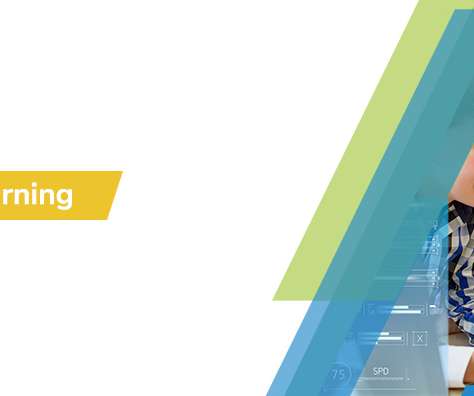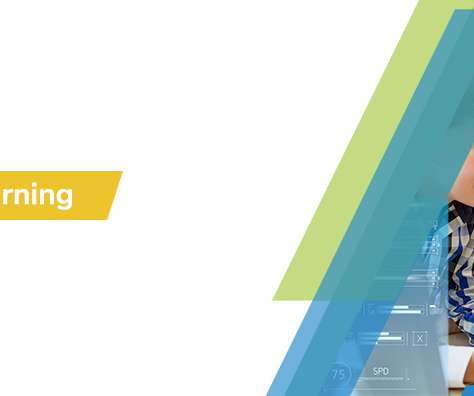How Technology Is Powering Learning
Magic EdTech
JANUARY 26, 2021
When applied to education, technology can bring fundamental transformation to the ways we learn. While the critical drivers of education stay unchanged, this transformation supports a simple replication of traditional classroom pedagogies. Weaving in accessibility features makes content available and universal to all users.





























Let's personalize your content